
microfinance
-
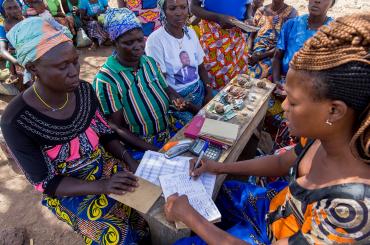
Microfinance: Issue 2
-
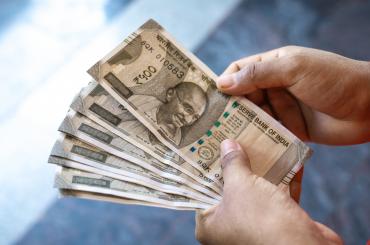
The impacts of flexible repayment schedules: Evidence from borrowers and lenders in India
Offering loans with flexible repayment schedules can improve outcomes for vulnerable borrowers while also reducing the risks faced by lending institutions
-
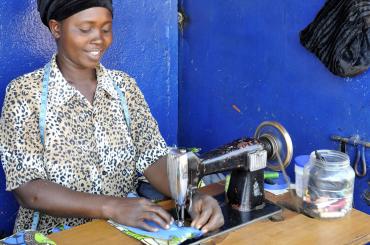
Increasing female enterprise growth through mobile money: Experimental evidence from Uganda
Disbursing microfinance loans through mobile money accounts empowers female entrepreneurs to resist pressure to share loans with others
-
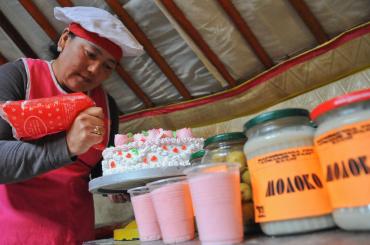
Can joint-liability microcredit help to share entrepreneurial risks? Insights from Mongolia
By allowing risk sharing, joint-liability lending can foster entrepreneurship among microcredit borrowers
-
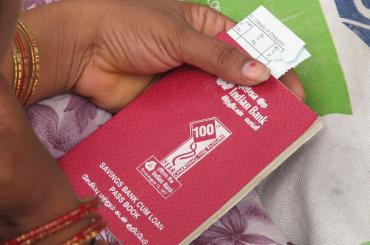
The unintended impacts of formal credit programmes on social networks: Evidence from India
The introduction of financial institutions in communities may generate long-lasting externalities, including losses in informal social linkages
-
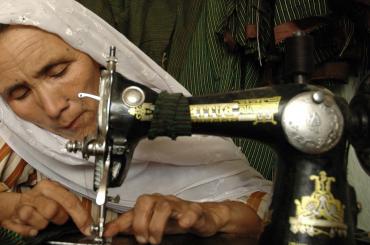
Can microfinance unlock the poverty trap for some entrepreneurs?
Microfinance has potentially transformative impacts for some entrepreneurs, especially those who otherwise would be stuck in a poverty trap
-
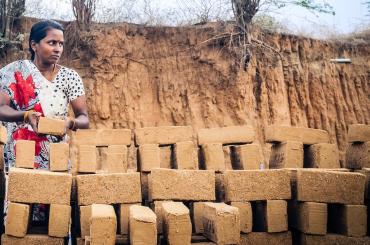
What happens when investments targeting women’s microbusinesses go to men?
Previous estimates of returns to microfinance for women are low partly because they often use it to invest in businesses that are not their own
-
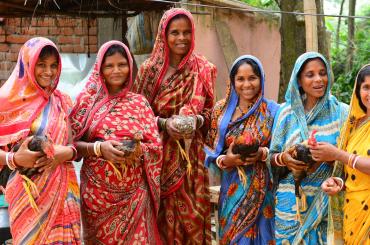
Give women credit
A series of experiments in India provide insights into ways microfinance can be refined to strengthen its impact for the world’s poorest women
-
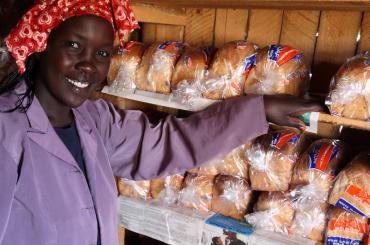
Understanding the average effect of microcredit
Microcredit trials show only moderate variation in effects across different settings, suggesting that the average effects of these loans are small